
Reducing Liability in Telemedicine
The rapid adoption of telemedicine has transformed healthcare delivery, offering patients convenient access to medical services. However, with this evolution comes unique risks that healthcare

The rapid adoption of telemedicine has transformed healthcare delivery, offering patients convenient access to medical services. However, with this evolution comes unique risks that healthcare
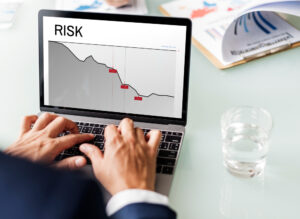
Medical malpractice claims pose significant risks for healthcare providers, impacting both their reputation and financial stability. Understanding common causes of malpractice claims and implementing best

Ergonomic injuries, often resulting from repetitive tasks, awkward postures, and improper lifting techniques, are prevalent in the food processing industry. These injuries, known as musculoskeletal

Sanitation is a critical factor in reducing contamination risks in the food processing industry. Proper sanitation practices not only protect consumers from foodborne illnesses but
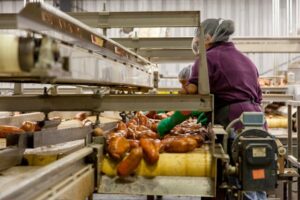
Effective handling and storage of perishable goods are essential for food processing plants to maintain food safety, prevent spoilage, and comply with regulatory standards. From
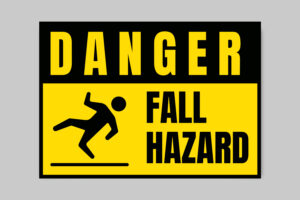
Slip, trip, and fall hazards are some of the most common workplace risks in food processing plants, leading to injuries, lost productivity, and increased insurance
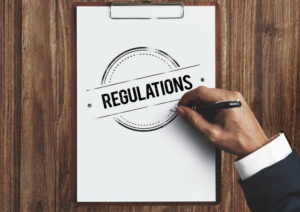
In the food processing industry, regulatory compliance is essential to ensuring product safety, maintaining consumer trust, and avoiding costly fines and recalls. Food safety regulations
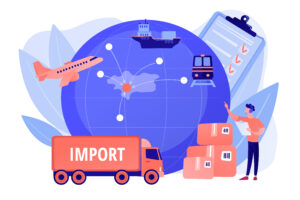
In the food processing industry, an effective supply chain is vital to maintaining consistent production and ensuring high-quality products. However, managing risks within the supply
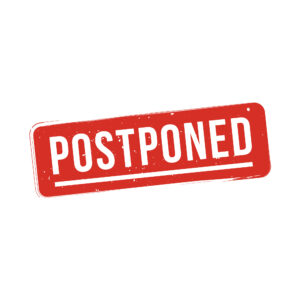
In the food processing industry, preventing contamination and preparing for potential product recalls are paramount to maintaining quality, safeguarding consumer health, and protecting business reputation.

Food processing businesses face unique risks that require tailored insurance coverage to protect against potential liabilities and losses. As an insurance professional, it is crucial

Personal Protective Equipment (PPE) is essential for ensuring the safety of employees in the agribusiness industry. Agriculture presents unique hazards that can lead to severe
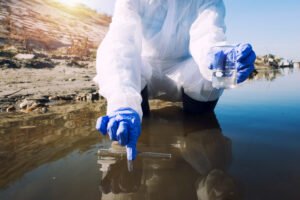
In the environmental industry, employees often encounter various hazardous materials, which can lead to chemical exposure. Understanding the signs of chemical exposure and knowing how

Contamination Prevention and Site Safety in the Environmental Industry Environmental businesses often handle hazardous materials and operate in high-risk areas where even minor mishandling can
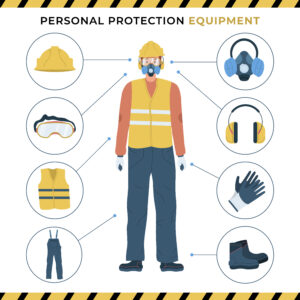
Environmental work often involves exposure to hazards, including chemicals, hazardous waste, and contaminated sites. To protect workers from these risks, Personal Protective Equipment (PPE) is
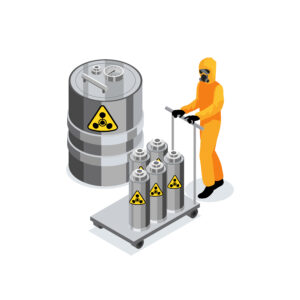
Handling hazardous materials requires strict safety protocols to prevent accidents and minimize risks to human health and the environment. Companies operating in the environmental industry

In the environmental industry, emergency preparedness is essential for managing incidents such as chemical spills, containment failures, and natural disasters. Effective planning not only protects

Compliance with environmental regulations is a critical aspect of risk management for businesses in the environmental industry. Companies in this sector are often held to
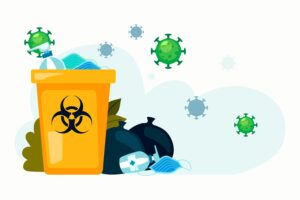
In industries where hazardous waste is generated, careful management is essential to prevent environmental contamination and protect worker safety. Mishandling or improper disposal of hazardous